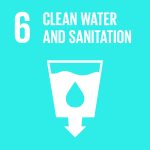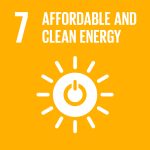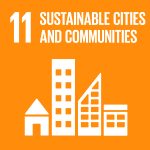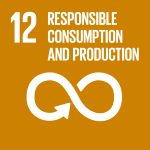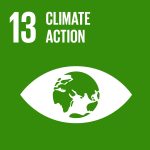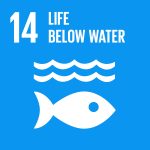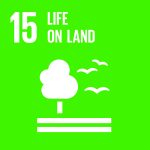Esta web utiliza cookies para que podamos ofrecerte la mejor experiencia de usuario posible. La información de las cookies se almacena en tu navegador y realiza funciones tales como reconocerte cuando vuelves a nuestra web o ayudar a nuestro equipo a comprender qué secciones de la web encuentras más interesantes y útiles.
Save the Planet
through Communication.
Description
Institution
University of Montevideo

Organizations/areas of the university involved
University of Montevideo
Country
uruguay
Consultancy program developed by the University of Montevideo (Uruguay) on communication for sustainable development, between Communication undergraduate students and members of environmental youth organizations in Uruguay.
This is an academic enterprise aimed primarily at developing a knowledge exchange between youngsters and the strengthening of youth organizations to help accomplish national goals of sustainable development. Therefore, the target groups are, one one hand, advanced students of Communication and Media Studies, and, on the other hand, environmental youth organizations. In March 2021, a national call for organizations was conducted by the Faculty of Communication of the University of Montevideo along with the National Institute for Youth (Ministry of Social Development), with the support of the Ministry of Environment and UNICEF. As a result, 8 organizations were selected to take part in the project. During the first academic semester of the Southern Hemisphere (March – June 2021), teams of students of the subject ” work with different environmental organizations in order to improve their communication strategies and contents. Along with general communication strategies and communication for development strategies, the modules focused afterwards on Social Marketing or Behavior Change Communications, relations with the press and with public decision makers. We use class time and homework activities, adapted to virtuality. The planned exchange involves non formal interactions and also research activities aimed at creating knowledge about youth environmental activism and their communications, which will be analyzed by professors supervising the project and reported to the allied institutions in order to inform policies.
Results and impact measured or expected
Reach: The project involves 30 undergrad students and 8 organizations comprising around 100 members; they come from diverse regions of Uruguay (7 States, rural and urban areas). Institutions: University of Montevideo, in alliance with the Institute for Youth (Ministry of Social Development), with the support of Ministry of Environment and UNICEF. Outcomes: Environmental organizations will be better equipped to achieve their goals through tailored and technically sound communication strategies produced with the help of the students, with the supervision of professors. Undergraduate students strengthen their knowledge of sustainability with “real world” challenges, involving local and global action, which leads to provide a nunaced SDG based ‘service in their future as communication professionals. The Institute for Youth of the Ministry of Social Development and the Ministry of Environment obtain better knowledge about environmental issues, young activists interests and needs, useful to design evidence based policies. UNICEF strengthens their ongoing work on climate action involving children and teenagers, including organizations that they were already working with but not in the communication pillar. Regarding research outputs, the project aims to reveal what C4D approaches and practices are being carried out by youth environmental organizations in Uruguay, as well as what notions of development and sustainability they correspond to; and, in particular, what opportunities and challenges Social Marketing offers them, in relation to those pro-environmental behaviors that they wish to promote and facilitate.
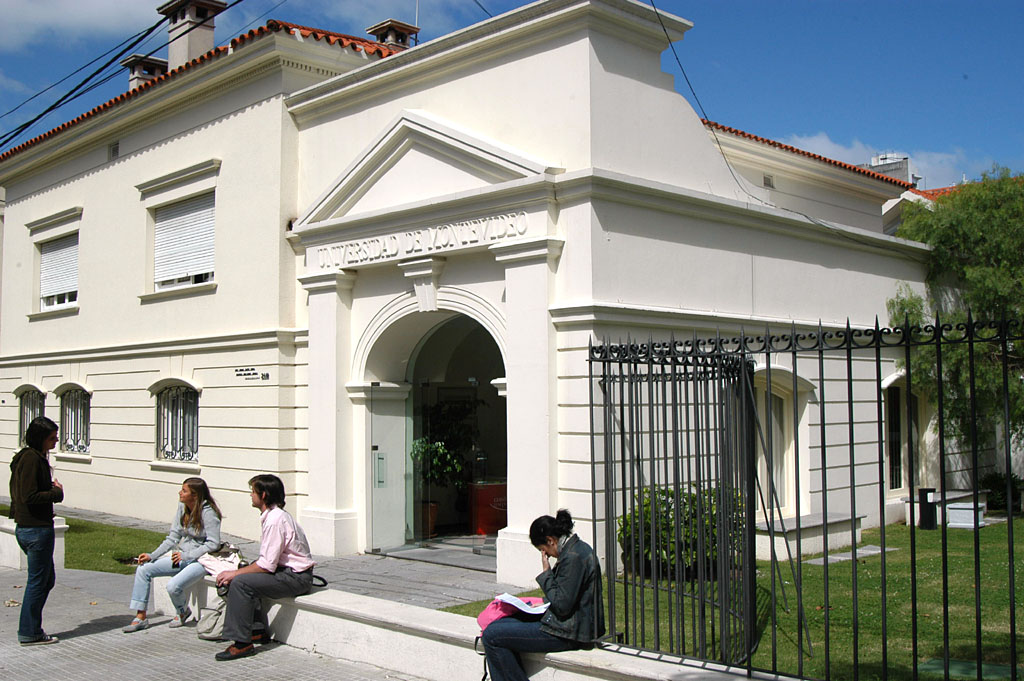
Tags
Connection with the SDG framework
The subject Communication for Development involves teaching/learning about all the SDG, but this specific hands on project is focused on the SDGs more directly linked to the environmental pillar of development: 6 Clean water and sanitation; 7 Affordable and clean energy; 11 Sustainable cities and communities; 12 Responsible consumption and production; 13 Climate action; 14 Underwater life; and 15 Life of terrestrial ecosystems.
Barriers and follow up
As we are at the beggining of the project, barriers have not emerged yet.
Transferability of the initiative
It is completely transferable to other higher education institutions in other geographical contexts as long as there are environmental organizations and communication degrees.
Education 4 SDG funciona gracias a WordPress
